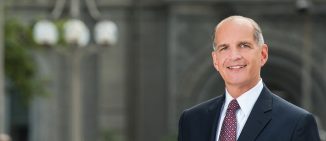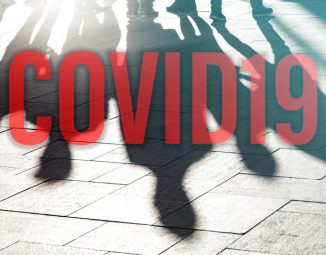Blow a Whistle! New Relator-Friendly Standard Under the False Claims Act
The U.S. Supreme Court has just issued a unanimous decision in the case Cochise Consultancy Inc. et al. v. U.S. ex. rel Hunt (decided on May 13, 2019), that qui tam whistleblowers can invoke the ‘”government knowledge” three-year tolling provision in the False Claims Act (the “FCA”) suits. The qui tam provisions in the FCA have been the federal government’s most powerful tool for combatting fraudulent contracts and healthcare false claims to the U.S. government, and continue proliferation of fraud recovery actions.
Under the FCA, cases must be filed within the six years of the alleged violation or within three years after material facts become known or should have become known “by the official of the United States charged with responsibilities under the circumstances.” The Supreme Court in Cochise Consultancy interpreted the FCA statute and held that the limitations period, which provides that a FCA action must be brought within three years after the official learns of the of the relevant facts, but not more than 10 years after the violations, applies to a qui tam suit in which the federal government has declined to intervene.
The underlying case was brought by a whistleblower, Billy Joe Hunt, against his former employer Parsons Corporation and its subcontractor Cochise Consultancy, Inc., alleging that they defrauded the U.S. Department of Defense on contracts worth over $60 million for munitions cleaning in Iraq. Allegedly, Cochise violated the FCA when it provided gifts to an Army official to get the contract. The district court dismissed the case because it was filed seven years after the cause of action arose, and because the government declined to intervene. Importantly, the FBI agents interviewed Hunt regarding the alleged fraud less than three years before Hunt initiated the suit. Under the district court’s reading of the statute, Hunt would have had three years from the time of the interview with the agents, had the federal government intervened. But because the government declined to intervene, the suit was dismissed as untimely. The Eleventh Circuit reversed on appeal finding that “the government knowledge” three-year statute of limitations applies even if the government does not intervene. This position conflicted with decisions in some circuits, and the case reached the Supreme Court by the contractors’ petition challenging the Eleventh Circuit ruling, saying that Hunt’s claims would have failed in the Fourth, Fifth, and Tenths Circuits.
The Supreme Court repaired the circuit split and affirmed the Eleventh Circuit holding that relators can invoke a three-year statute of limitation period after the government learns of the fraud, regardless when the relator discovers the violation. The Court, however, refused to give a relator as many as 10 years to bring suit when the relator learned of the fraud on the day it occurs, and the government does not discover the fraud. The other holding in the case came in response to Cochise’s fallback argument that in a suit in which the government does not intervene, the relator should be considered “the official of the U.S. charged with the responsibility to act in the circumstances” and bring the suit within three years. This argument failed when the Court refused to view relators as government officials because “[t]he statute provides no support for reading “the official of the United States” to encompass a private relator.” The Court held that the relator is not an official whose knowledge triggers the three-year limitation period.
The outcome that allows relators more time to pursue qui tam claims was not a surprise. The federal government recovers over $3 billion in fraudulent expenses annually, and the extended timeline may help the federal government recover more money from whistleblower cases in the long run.
If you have further questions regarding this decision, please contact attorneys Lawrence Tabas, Esq. or Alina Chuklin.






